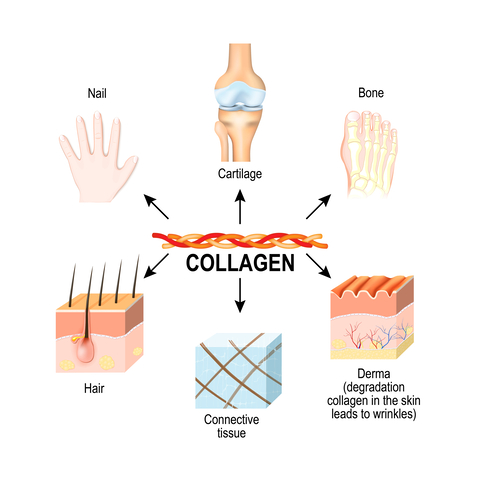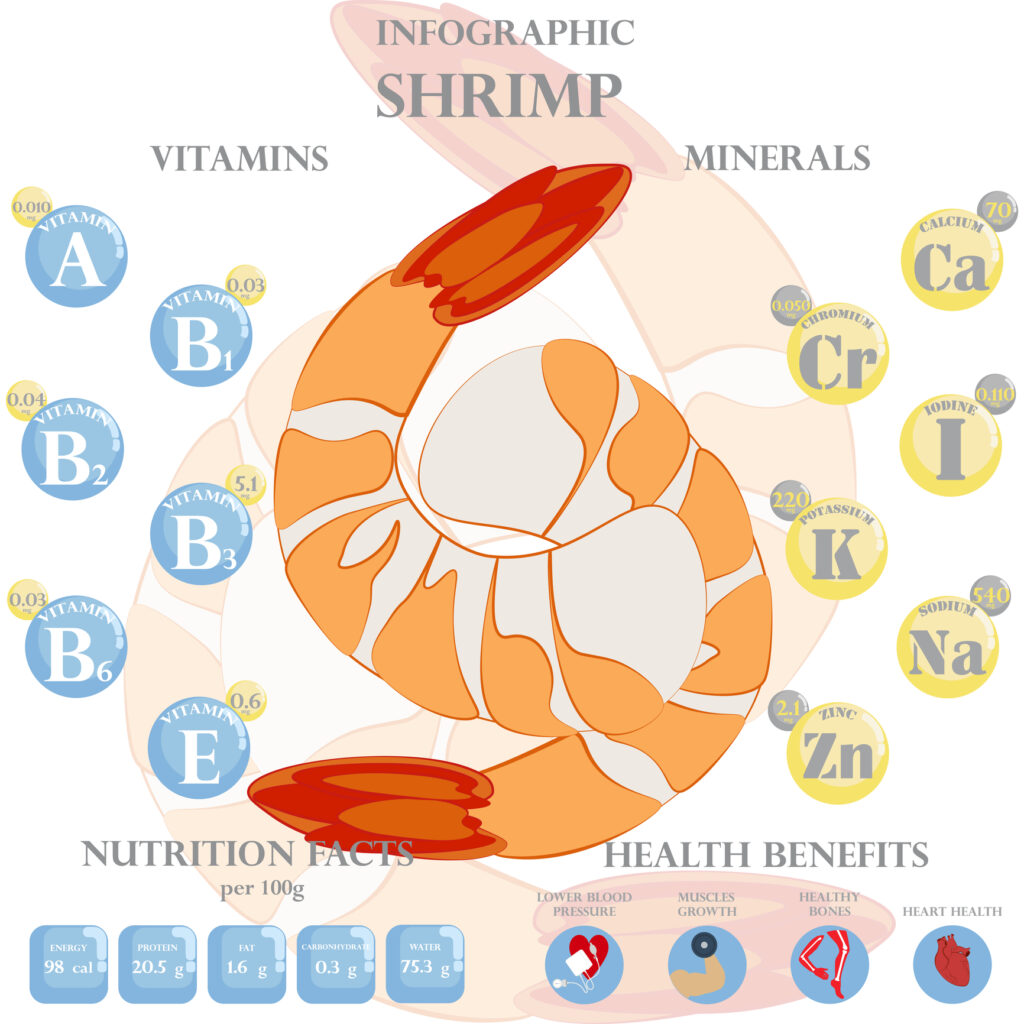Chronic illnesses are a persistent challenge in modern healthcare. Conditions such as diabetes, cardiovascular diseases, arthritis, and autoimmune disorders often require long-term management strategies that balance symptom control, lifestyle modifications, and preventive measures. While traditional medicine offers critical solutions, an increasing number of individuals and practitioners are turning to nutraceuticals as a complementary approach. Nutraceuticals, derived from food sources, offer therapeutic benefits beyond basic nutrition, bridging the gap between pharmaceutical interventions and dietary wellness. This integrative approach is reshaping how we think about managing chronic conditions.
Are Nutraceuticals the Future of Wellness?
Nutraceuticals are bioactive compounds found in food that provide medical or health benefits, including the prevention and treatment of disease. These range from vitamins, minerals, and amino acids to herbal extracts and probiotics. What sets nutraceuticals apart from standard dietary supplements is their targeted functionality. For example, omega-3 fatty acids are not just beneficial for overall health but are clinically proven to reduce inflammation and improve cardiovascular outcomes. Similarly, curcumin, derived from turmeric, exhibits anti-inflammatory and antioxidant properties that make it a valuable tool in managing conditions like rheumatoid arthritis and inflammatory bowel disease.
The potential of nutraceuticals lies in their ability to address the underlying mechanisms of chronic illnesses. Modulating pathways such as oxidative stress and inflammation offer a preventative and therapeutic edge. This holistic approach resonates with patients seeking more natural and less invasive alternatives to conventional treatments. Holistic medical solutions made easy with Cormendi Health ensure access to such innovative strategies, empowering patients with a comprehensive approach to chronic care.
Targeting Chronic Conditions with Nutraceuticals
One of the most compelling aspects of nutraceuticals is their ability to complement existing treatment regimens. For instance, in diabetes management, nutraceuticals like chromium and cinnamon extract can help improve insulin sensitivity, while fiber-rich supplements aid in stabilizing blood glucose levels. In cardiovascular health, Coenzyme Q10 and plant sterols have been shown to lower cholesterol and enhance heart function, reducing the risk of complications.
Arthritis sufferers often find relief in glucosamine and chondroitin, which support joint health and mobility. These compounds work synergistically with prescribed anti-inflammatory drugs, allowing for potentially lower medication doses and reduced side effects. Meanwhile, probiotics are gaining traction in autoimmune and gastrointestinal disorders by promoting a balanced gut microbiome, which plays a pivotal role in immune regulation. The ability of nutraceuticals to work alongside traditional medicine fosters a synergistic model that optimizes outcomes for chronic illness patients.
The Science Behind the Synergy
Scientific advancements have bolstered the credibility of nutraceuticals, shifting them from alternative remedies to evidence-based solutions. Research reveals how specific nutraceuticals interact with cellular pathways to combat the root causes of chronic diseases. For example, polyphenols in green tea activate antioxidant genes, mitigating oxidative damage linked to aging and chronic illness. Similarly, flavonoids in fruits and vegetables inhibit pro-inflammatory cytokines, addressing the inflammatory components of conditions like asthma and Crohn’s disease.
Another area of focus is bioavailability the degree to which a substance is absorbed and utilized in the body. Innovations such as liposomal delivery and nanoparticle formulations are enhancing the effectiveness of nutraceuticals. These advancements ensure that compounds like resveratrol, which has poor natural bioavailability, can exert their full therapeutic potential. By integrating these scientific insights, nutraceuticals are becoming a credible adjunct in chronic disease management, supported by rigorous clinical studies.
Challenges and Considerations in Nutraceutical Use
Despite their promising benefits, the integration of nutraceuticals into chronic illness care is not without challenges. One significant hurdle is the lack of standardized regulation across the industry. While many nutraceutical products are high-quality, others may contain suboptimal dosages or unverified claims, posing risks to consumers. To ensure safety and efficacy, patients should seek advice from healthcare professionals and choose products backed by scientific validation.
Moreover, not all nutraceuticals are suitable for every individual. Factors such as age, existing medications, and overall health status play a crucial role in determining their appropriateness. For example, high doses of certain supplements like vitamin E may interact negatively with anticoagulant medications. Understanding these nuances is essential to avoid potential side effects and maximize benefits.
A Holistic Path to Wellness
The incorporation of nutraceuticals into chronic illness management reflects a broader shift towards holistic healthcare. By addressing physical, mental, and nutritional dimensions, this approach empowers individuals to take a proactive role in their health journey. Nutraceuticals are not just a tool for symptom relief; they represent a paradigm that values prevention, wellness, and patient-centered care.
As the evidence supporting nutraceuticals continues to grow, their role in chronic disease management is poised to expand. With a commitment to education, innovation, and accessibility, healthcare providers and companies are bridging the gap between traditional and integrative medicine. For patients navigating the complexities of chronic conditions, nutraceuticals offer a beacon of hope, a natural, science-backed complement to conventional therapies that enhance the quality of life and foster long-term resilience.
Disclaimer
The information presented in this article is for educational and informational purposes only and does not constitute medical advice, diagnosis, or treatment. Open Medscience does not endorse or recommend the use of any specific nutraceutical or treatment protocol mentioned. Always consult a qualified healthcare professional before making changes to your medical regimen, especially if you have a diagnosed medical condition or are taking prescribed medication. The efficacy and safety of nutraceuticals can vary significantly depending on individual health circumstances, and not all products on the market are subject to rigorous regulation or scientific validation. Any reliance on the information provided is at your own risk.




